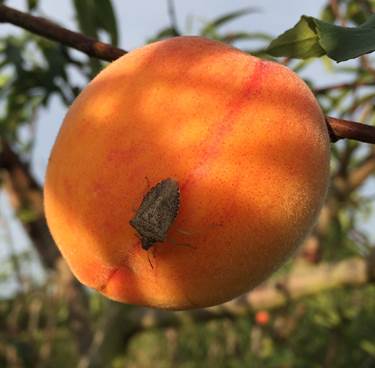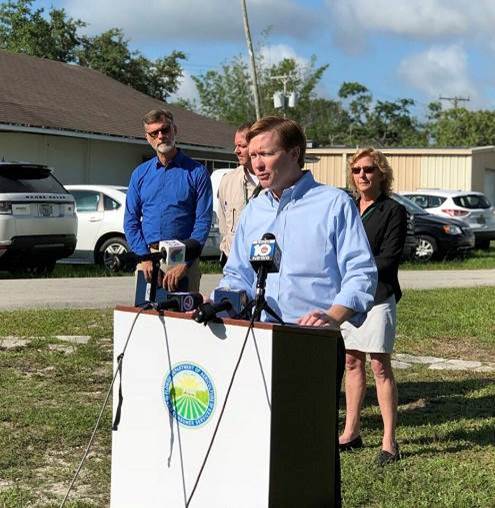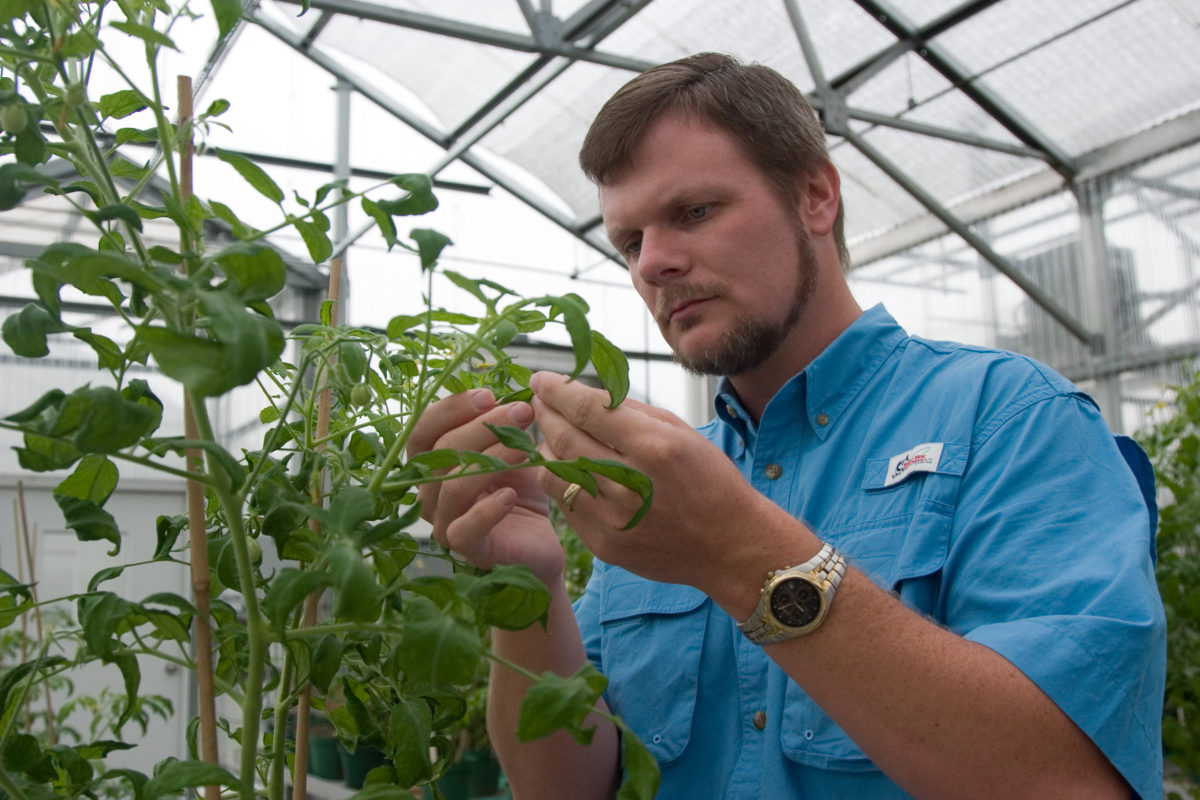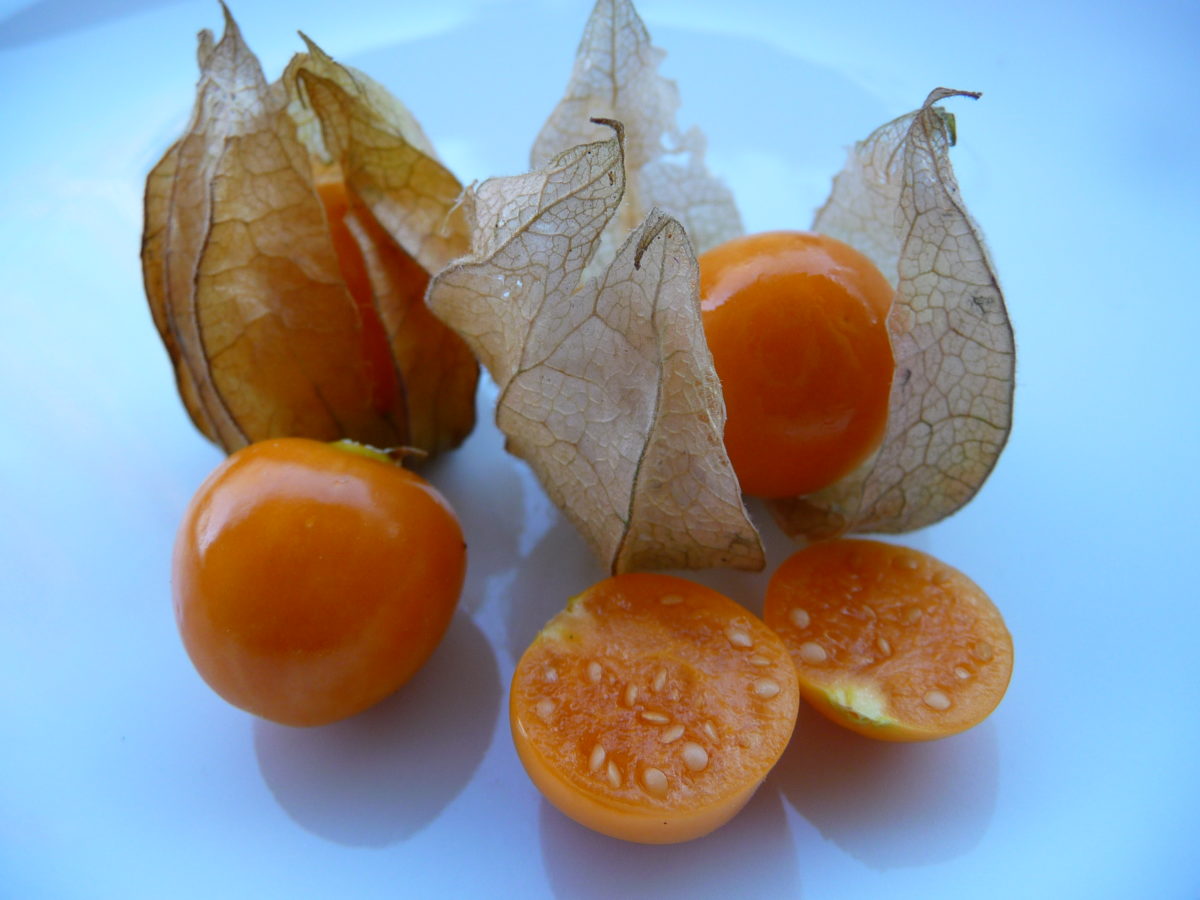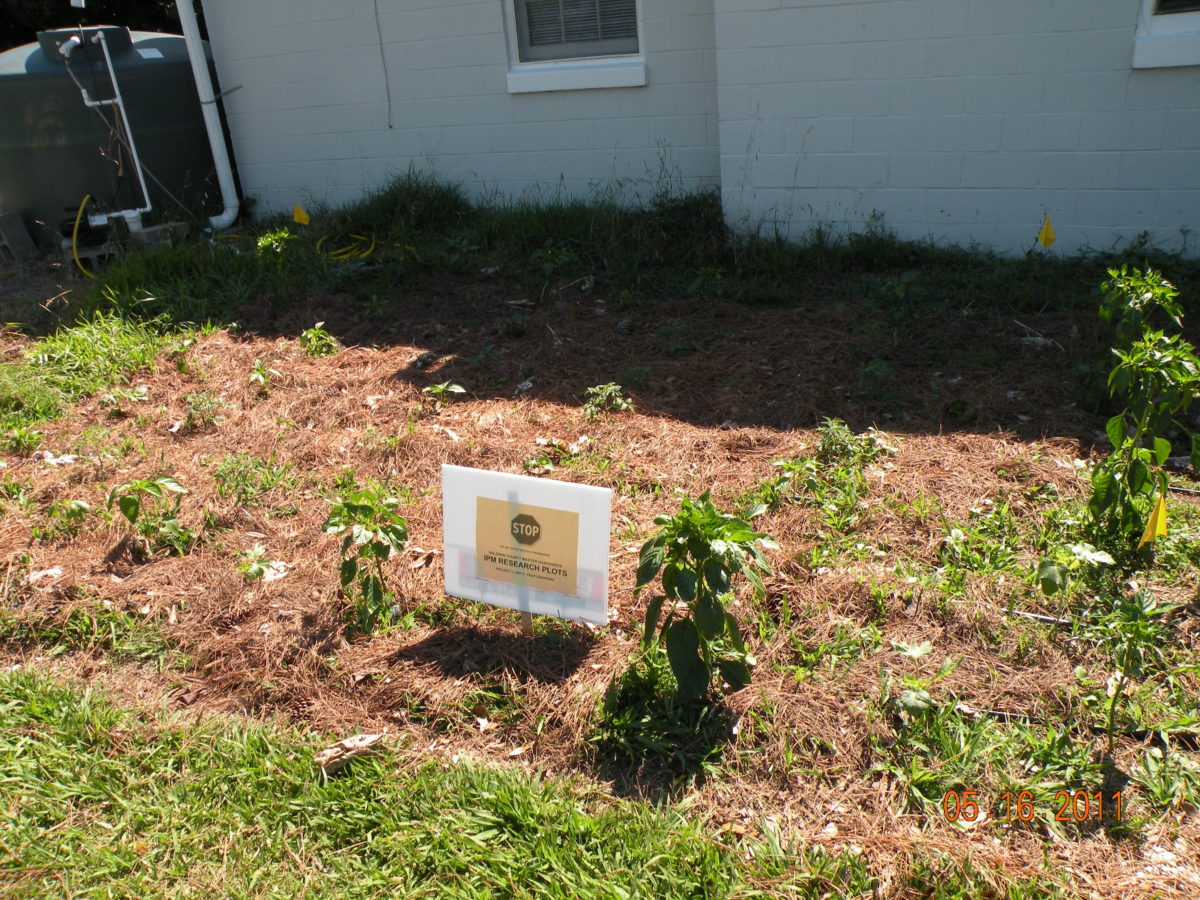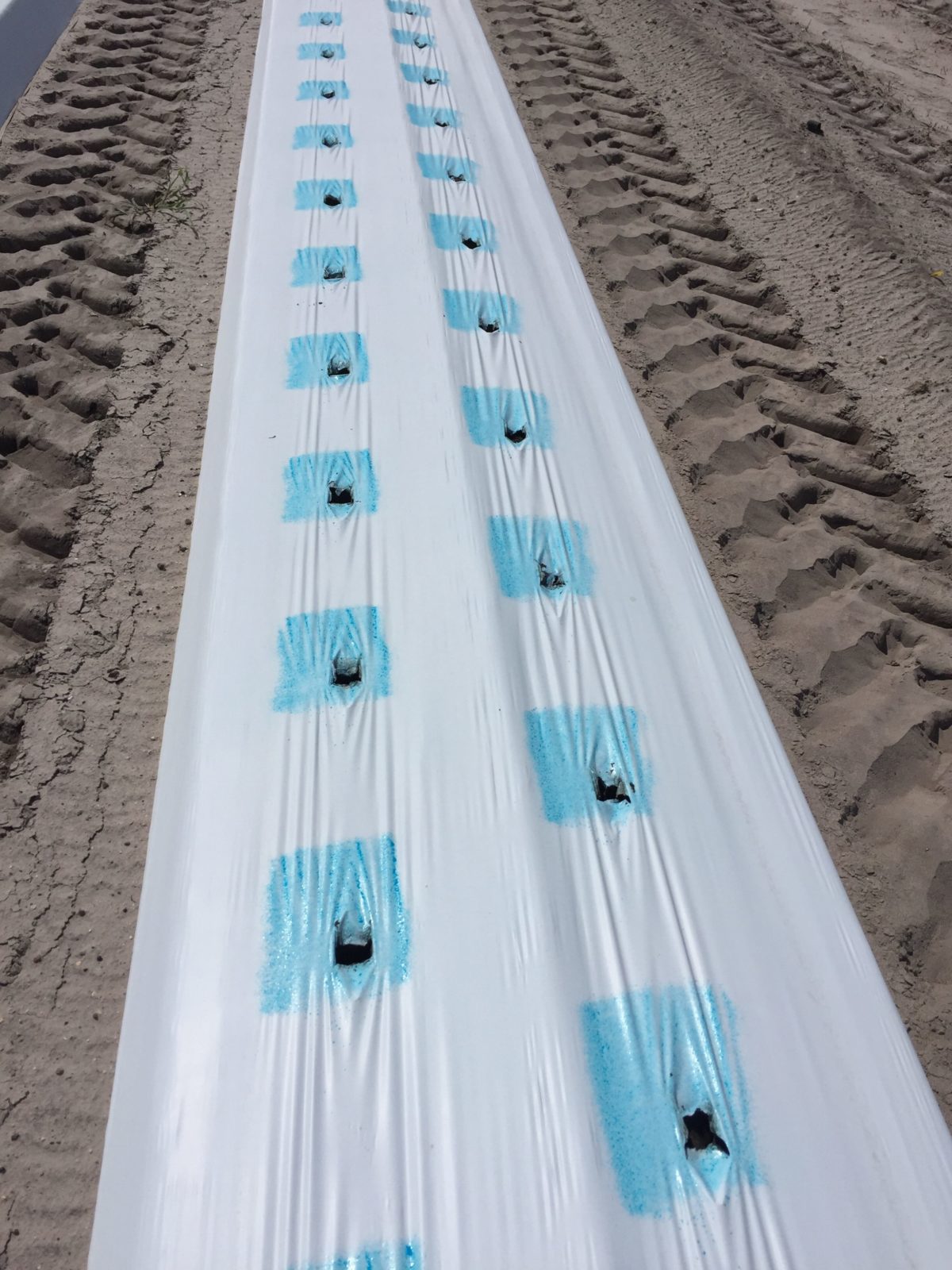By Breanna Kendrick At the recent Stone Fruit Field Day, Cory Penca gave a presentation on managing key pests of peaches in Florida. Penca is an entomology Ph.D. candidate and a student in the Doctor of Plant Medicine program at the University of Florida. His presentation covered stink bugs, Caribbean fruit flies, plum curculio and mites. Penca’s pest management practices …
FDACS Begins Efforts to Eradicate Exotic Fruit Fly
The Florida Department of Agriculture and Consumer Services (FDACS) has positively identified the presence of three Oriental fruit flies, Bactrocera dorsalis, in south Miami-Dade County. The initial fly was discovered during routine trapping, and additional flies were discovered during expanded trapping activities. The department, along with the U.S. Department of Agriculture, monitors more than 56,000 fruit fly traps statewide as an …
UF/IFAS Researchers May Use Fungi to Control Deadly Crop Disease
A group of fungi might fight a disease that’s dangerous to tomatoes and specialty crops. University of Florida scientists hope to develop this biological strategy as they add to growers’ tools to help control Fusarium wilt. Tomatoes are the number one vegetable crop in Florida. In 2017, approximately 28,000 acres of tomatoes were commercially harvested, with a production value of …
Florida Native Plants — Tomorrow’s Fruits and Vegetables?
By Kevin M. Folta Citrus originated in Southeast Asia, not Southeast of Orlando. Strawberries came from a chance genetic mix between a plant from the Mid-Atlantic States and a plant from Chile that crossed in France. Tomatoes originated in the Andes Mountains in South America, then made their way to Europe before coming back across the Atlantic to North America. …
Specialty Crop Farm Bill Alliance Members Visit Capitol Hill
Urge Congress to Fund Key Farm Bill Programs Members of the Specialty Crop Farm Bill Alliance (SCFBA), a national coalition of more than 120 specialty crop organizations, will take their message to Congress on May 9, advocating for investment in specialty crops in the 2018 Farm Bill. During visits on Capitol Hill, the SCFBA members will outline their priorities, making …
Irrigation Influences Pest Management
Water is one of the most critical issues in the modern agricultural world. “We need to conserve water,” says Ayanava Majumdar, an Extension entomologist for the Alabama Cooperative Extension System. Majumdar has been looking at how irrigation can impact pest management. “Irrigation is related to plant health, which is related to … pests and how well your plants resist those …
Specialty Crop Farm Bill Alliance Announces Farm Bill Priorities
More than 120 organizations urge Congress to support key nutrition, block grant and research programs. The Specialty Crop Farm Bill Alliance (SCFBA), a national coalition of more than 120 specialty crop organizations, has announced its 2018 farm bill priorities focusing on programs for a healthier America heading into Wednesday’s U.S. House Agriculture Committee meeting on the farm bill. The SCFBA …
Vegetable Pest Problems
David Riley, a professor of entomology at the University of Georgia, says that two pests have been big issues for Southeastern vegetable growers: diamondback moth (DBM) and whitefly. DIAMONDBACK MOTH DBM continues to be a struggle for Southeastern vegetable growers, mostly due to insecticide resistance. Riley says that DBM resistance in cabbage and collards is a long-standing problem. “Diamondback moth …
Hole-Punch Technology Dramatically Reduces Herbicide Use
By Nathan S. Boyd and Arnold Schumann The majority of vegetables grown in Florida are grown on raised, fumigated beds covered with plastic mulch. This production technique has been widely adopted because the combination of plastic mulch and drip tape improves water and fertility efficiency. The use of plastic mulches has many additional benefits, including improved crop quality, reduced water …
Secretary Perdue Issues USDA Statement on Plant Breeding Innovation
(Washington, D.C.) – U.S. Secretary of Agriculture Sonny Perdue today issued a statement providing clarification on the U.S. Department of Agriculture’s (USDA) oversight of plants produced through innovative new breeding techniques which include techniques called genome editing. Under its biotechnology regulations, USDA does not regulate or have any plans to regulate plants that could otherwise have been developed through traditional …










